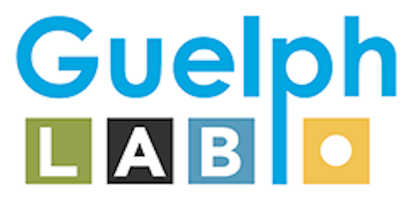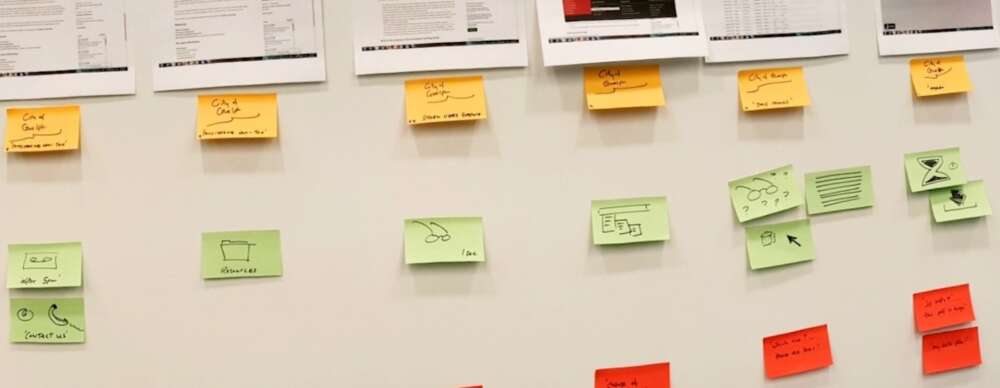An initiative that brings together the University of Guelph and the City of Guelph to find promising solutions to local challenges has been renewed for another three years.
The Guelph Lab, launched in 2014, puts collaboration, research, experimentation and teaching toward finding solutions to challenges shared by both organizations and the broader community. U of G students, faculty and staff, together with City staff, community practitioners and residents, have cooperated on a range of issues, from improving road safety to addressing food insecurity among university students.
“The Guelph Lab encourages and enables deeply meaningful, innovative collaboration,” said co-director Dr. Elizabeth Jackson, an expert in collaborative and engaged research. She is director of the Community Engaged Scholarship Institute at U of G, which hosts the Guelph Lab.
“The City and the University are fortunate to be part of Guelph, a place of tremendous community-held expertise and knowledge. Together, through collaborative experiment and application, we work to create thoughtful, impactful resolutions to shared challenges.”
The new three-year agreement is jointly held by U of G’s College of Social and Applied Human Sciences and the City.
Jodie Sales is co-director of the Guelph Lab and general manager of strategy, innovation and intergovernmental services at the City of Guelph. She said the Guelph Lab connects experts in public policy and research with community stakeholders.
“We start off small with a local focus,” Sales said. “Through experimentation and sharing we have the ability to inform and impact on a much bigger scale. At its core, our partnership is about improving communities. From the diversity of the projects we’ve worked on – food insecurity, community road safety, diversity on boards and committees – you can see that our inspiration can come from anywhere and anyone.”
This fall, the Lab launched a new project to make City boards and committees more diverse and inclusive. The project will examine the design of boards and committees, including recruitment practices, decision-making processes and the supports offered to participants. The process includes sharing the findings of the process across the community.
As well, an initiative known as the The Sandbox – a collaboration with U of G’s John F. Wood Centre for Business and Student Enterprise – will involve three teams of U of G graduate students and community organizations focused on the development of new social enterprises. The aim is to provide students with real-world experience and community organizations with additional earning potential.
“The projects currently taking place through the Guelph Lab are examples of high-impact collaborations,” Jackson said. “They pair the skills and expertise of community members with those of researchers to create the greatest potential for significant change on issues of priority to our shared communities.”

The projects start small and build toward impacts on campus, in community, within the municipality and on broader scales, Jackson added.
The Lab openly shares all outputs and findings with a network of colleagues in many other places and sectors.
“Our current projects are really relevant and responsive to today’s environment,” Sales said. “We’re focused on issues of equity and post-pandemic recovery which can benefit not only our local communities but communities from coast to coast to coast.”
Recently, the Guelph Lab brought together U of G’s Department of Geography, Environment and Geomatics and city transportation services to identify locations in Guelph that would benefit from road safety and traffic calming measures.
Another current project with local and national collaborators is intended to address food insecurity among university students.
Contact:
Elizabeth Jackson
e.jackson@uoguelph.ca
Jodie Sales
jodie.sales@guelph.ca